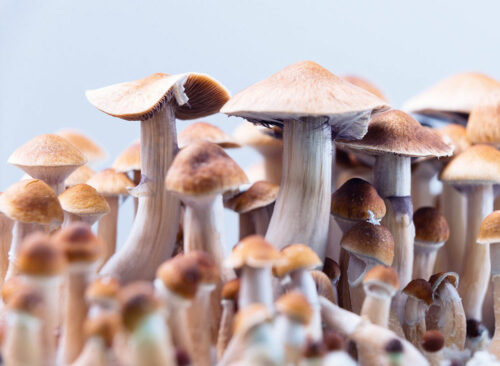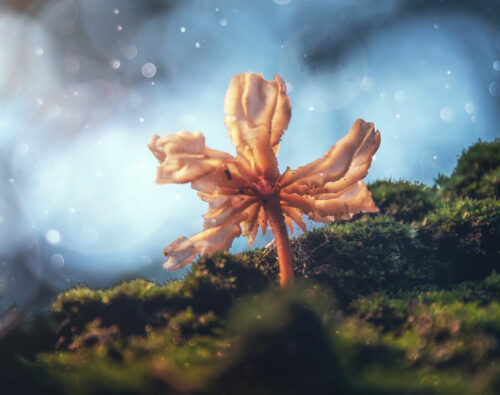Contraindications to Be Aware Of
Psilocybin mushrooms offer hope to many. Medical research reports significant results in the field of mental health. What’s more, psilocybin is not considered a dangerous or addictive substance.
Nevertheless, potential side effects must not be overlooked. This page is here to inform you.
Let’s talk!
Schedule a free information session in English with one of our facilitators.




